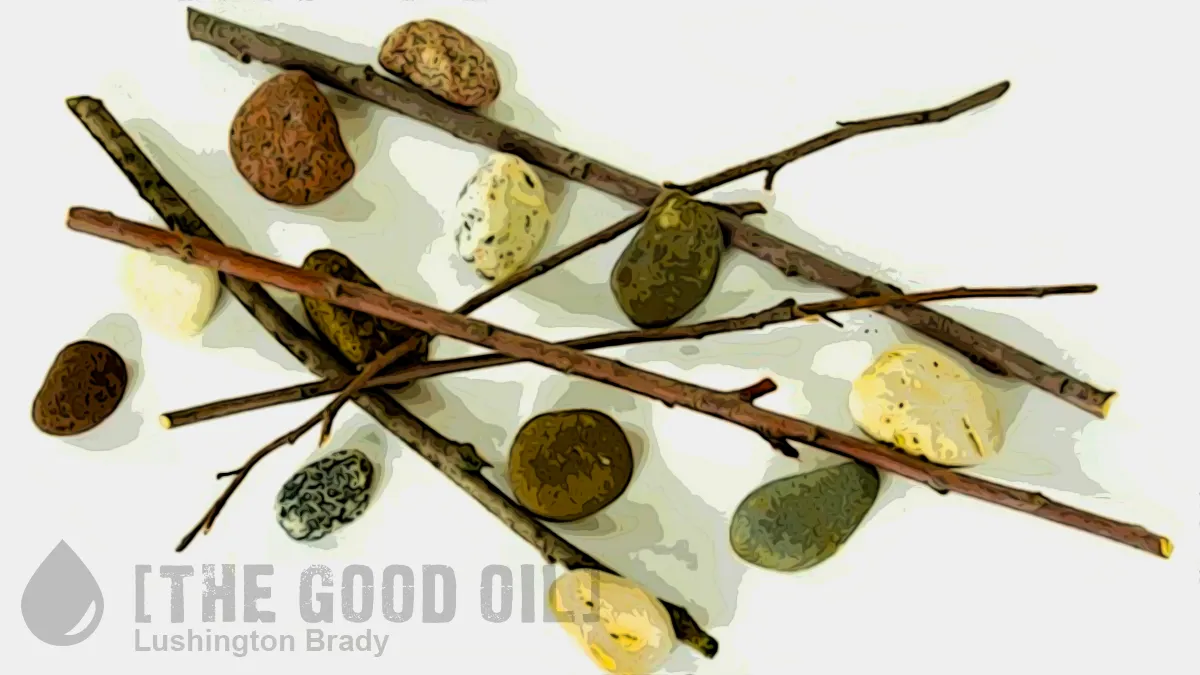Table of Contents
Well, readers, it looks like I’m doing the Lord’s work, indeed – I’ve pissed off a reader who emailed Cam to complain about something I wrote. Thanks for the backhanded compliment, guy.
Now, my first instinct was to reply with a short, pithy Australian phrase, but that would be both childish and unfair. Besides, the complaint was politely written and deserves a fair response. Besides, well, I won’t name names, but if he is indeed the same person who briefly grabbed headlines in New Zealand some years back, he’s obviously a thoroughly decent fellow whom I would be most loathe to insult.
So, let’s go through it.
What upset our reader was a line in my post making fun of the NZ expats attempting to build a marae in Sydney and thus upsetting the local Aboriginal ‘box-tickers’ and setting off what I called an “inter-indigene cultural shit fight”.
Our correspondent agreed that “there is solid ground for raising awareness about this topic, even to lampoon it”. So far, so good. But what particularly irked him was the line:
It’s even funnier when the bungas start accusing each other of being ‘colonisers’.
Not exactly Mark Steyn or P J O’Rourke wit, I admit, but, hey, I do my best to amuse.
But!
This sentence contains the term “bungas,” which is a derogatory and offensive term historically used to demean Pacific Island people.
Really? I’d literally never heard that before. In fact, I derive my use of the term from an old Bugs Bunny cartoon, Bushy Hare.
In this Looney Tunes classic, Bugs is switched with baby kangaroo Hippity Hopper (the only cartoon where Hippity isn’t paired with Sylvester the Cat, for trivia afficionados) and winds up in the Australian Outback. Here, he encounters a kind of Aboriginal Elmer Fudd, dubbed “Nature Boy”. The two eventually get into a mutual shouting match, which Bugs wins, with the line:
Unga bunga bunga inga binga binga bunga!
And thus, “unga bunga” became etched indelibly into my conscience.
Here’s the rub, though: even if I had known of its use vis-a-vis Pacific Islanders, I’d have still used it if I felt like it. It’s even funnier than the only previous term I’d learned for Pasifika, from some Māori acquaintances in the ’80s, who used to mock ‘Cocos’ (coconuts).
Mockery is funny. Far from “undermin[ing] the integrity of the discussion” (as I was told off), a bit of mockery very frequently serves to make the discussion even sharper and more memorable. Especially when it punctures the pomposity and arrogance, as the Good Oil’s Cam Slater wrote: Māori who “see their culture as superior to any other culture even when they are guests in another country”.
All that aside, though, as my great hero Johnny Rotten once said, “As soon as someone tells you, ‘You can’t say that!’, is exactly when you should say it.” Freedom of speech, as Salman Rushdie reminds us, must include the freedom to offend. If the use of a term, and again I quote, “breaches standards of decency and respect in journalism”, then my response is:
Well… yes. And?
To quote the great Australian comedian, Steve Hughes: What happens if you say that and someone gets offended? Well they can be offended, can’t they? What’s wrong with being offended? When did sticks and stones may break my bones stop being relevant?… Nothing happens when you’re offended.
So, to our complainant: if you’re indeed who I think you are, you’re a legend and I’m disappointed that you were offended. Not sorry: being sorry would imply that I did something wrong. I’m not at all sorry if I offended anyone. If anything, I’d be sorry I didn’t: it’d mean I wasn’t trying hard enough.
So, thanks for the feedback and long may you keep reading the Good Oil, even if it does occasionally offend you. Hell, some of my favourite comedians even offend me, sometimes. Which is when I know they’re right over the target.









